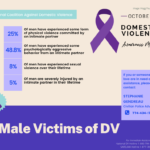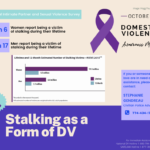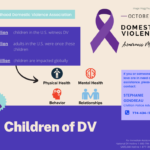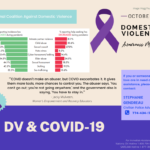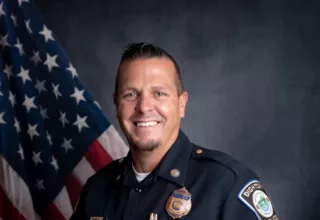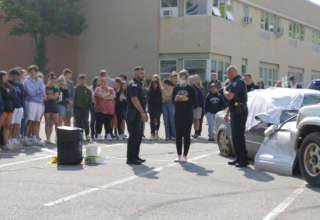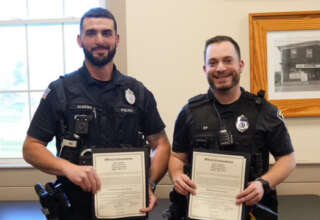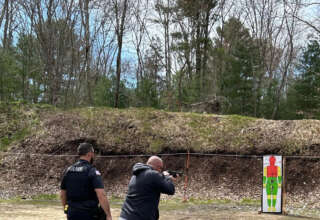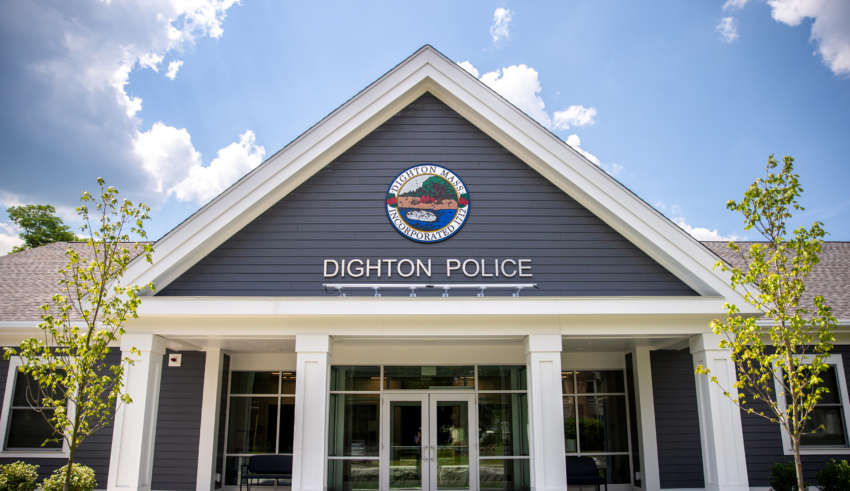
As part of National Domestic Violence Awareness Month, recognized each October, Chief Robert MacDonald and the Dighton Police Department wish to share warning signs, resources and services for those who may be experiencing domestic violence.
According to the National Coalition Against Domestic Violence, more than 10 million people in the United States experience physical abuse by a partner every year. On average, one in three women and one in four men experience some form of physical violence committed by an intimate partner.
The Dighton Police Department has a civilian police advocate to assist victims of domestic violence. The department’s civilian police advocate reviews cases and can work confidentially and independently from the police department to offer domestic violence-related services and resources to victims. If you are in need of services, you may contact Stephanie Gendreau at the Dighton Police Department at 774-434-1746.
Know the Signs
The Dighton Police Department wishes to share the following domestic violence warning signs and common characteristics of an abusive partner provided by the National Coalition Against Domestic Violence:
- An abusive partner frequently denies or attempts to minimize the seriousness of violence and its impact on the victim.
- An abusive individual objectifies the victim, viewing that person as property or a sexual object.
- An abusive partner has low self-esteem.
- An abusive partner may blame their violence on stress, alcohol or other external factors.
- An abusive partner may be perceived as friendly and kind by others, as that individual may be amicable and pleasant in between abusive events.
- Red flags include:
- Extreme jealousy
- Possessive behavior
- Unpredictability
- Short, angry temper
- Cruelty to animals
- Verbal abuse
- Extremely controlling actions
- Non-consensual sex
- Ignoring agreed upon birth control or sabotaging birth control
- Blaming the victim for abuse
- Preventing the victim from going to work or school
- Financial control
- Abuse of other people and/or animals
- Accusations that the victim is flirting with others
- Control of the victim’s apparel and actions
- Demeaning the victim, privately or publicly, as well as embarrassing that person in front of others
- Harassing the victim at his or her workplace
Recognize When Children Need Help
According to the Mayo Clinic, children who are survivors of abuse can often feel guilty, ashamed or confused, and may be afraid to disclose the abuse — especially when their abuser is a parent, other relative or friend. The signs a child is a victim of abuse include:
- Withdrawal from friends or usual activities
- Changes in behavior — such as aggression, anger, hostility or hyperactivity — or changes in school performance
- Depression, anxiety or unusual fears or a sudden loss of self-confidence
- An apparent lack of supervision
- Frequent absences from school
- Reluctance to leave school activities, as if he or she doesn’t want to go home
- Attempts at running away
- Rebellious or defiant behavior
- Self-harm or attempts at suicide
- Unexplained injuries, such as bruises, fractures or burns
- Injuries that don’t match the given explanation
Resources
- In an emergency, call 911.
- For anonymous, confidential help available 24/7, call the National Domestic Violence Hotline at 1-800-799-7233 (SAFE) or 1-800-787-3224. If you’re unable to speak safely, you can chat online, or text START to 88788. Additional crisis organizations and helplines can be found by clicking here.
- SafeLink is Massachusetts’ statewide 24/7 toll-free, multilingual hotline and a resource for anyone affected by domestic violence. SafeLink’s 24-hour hotline is available by calling 877-785-2020.
- RESPOND, Inc. is a local domestic violence prevention group that provides free, confidential services and resources for survivors of domestic violence. To learn more, please visit their website at www.respondinc.org or call RESPOND’s Support Line Monday through Friday from 8 a.m. to 8 p.m. at 617-623-5900.
- The Massachusetts Office of Victim Assistance has compiled a list of services by county, which is available online here, as well as lists of community-based resources and residential programs, which can be found here.
- Learn about safety plans here, and you can find an interactive guide to safety planning here. A safety plan is a personalized plan that includes ways to remain safe while in a relationship, planning to leave or after you leave.
- The National Teen Dating Abuse Helpline is dedicated to teens age 13-18 who may be experiencing dating abuse. For anonymous, confidential help available 24/7, call 1-866-331-9474, text LOVEIS to 22522 or chat online.
The Massachusetts Office of Victim Assistance has also created SAFEPLAN brochures in four different languages. These plans can help connect victims and survivors with needed resources and be prepared in the event of an emergency. The brochures are available in: English, Spanish, Haitian Creole and Portuguese.
###

